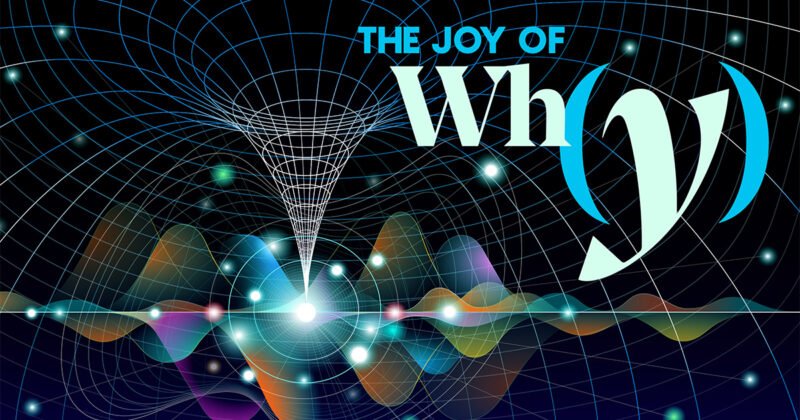Quick Takeaways
-
Evolving Laws of Physics: Stephen Hawking and Thomas Hertog proposed that the laws of physics emerged and evolved alongside the universe, shifting away from deterministic notions before the Big Bang.
-
Rejection of Multiverse Theory: They dismissed the multiverse concept, suggesting instead that the universe’s characteristics arise from a cosmological natural selection process guided by the observer’s perspective.
-
Human Observers in Cosmology: Hertog emphasizes that understanding the universe requires incorporating the human observer’s role, viewing laws of physics as products of historical evolution rather than fixed truths.
- Limits of Knowledge: Their work suggests inherent limitations to what can be known about the universe’s origin, challenging traditional scientific goals of ultimate understanding and promoting a more humble approach to cosmology.
Why Did The Universe Begin?
Most cosmologists agree that the universe had a beginning. However, the details of this moment, known as the Big Bang, remain a captivating mystery. Theoretical physicists, such as Stephen Hawking and Thomas Hertog, have explored why the universe exists as it does.
In their collaboration, they proposed an intriguing idea: The laws of physics may not have been fixed before the Big Bang. Instead, they evolved alongside the universe. Such a viewpoint offers a fresh perspective. It shifts focus from simply how the universe began to why it appears fine-tuned for life.
Hertog explains that rejecting the popular multiverse theory is crucial. Rather, they suggest the universe’s properties stem from "cosmological natural selection." This process implies that our understanding of these properties must consider the human observer’s perspective, which emerges from natural selection.
So, how did the universe create conditions for life? This question opens up exciting avenues of research and discussion. By examining our universe’s history through this lens, scientists gain insights into fundamental laws and their evolution.
Exploring this topic also impacts technology development. As scientists grapple with understanding cosmic origins, they push the boundaries of theoretical physics. Innovations in computational simulations and quantum mechanics arise from this pursuit. These developments often lead to practical applications, such as advancements in data encryption and communications technology.
Listeners can delve deeper into these fascinating ideas. The podcast The Joy of Why offers valuable insights from Hertog and his partnership with Hawking. Available on platforms like Apple Podcasts, Spotify, and Quanta, it invites you to explore the intricate questions surrounding the universe’s inception.
As we unravel the mysteries of our existence, each answer may lead to new questions, inspiring the next generation of scientists and innovators. This journey into understanding our universe not only satisfies our curiosity but also enhances technology and enriches our lives.
Stay Ahead with the Latest Tech Trends
Learn how the Internet of Things (IoT) is transforming everyday life.
Stay inspired by the vast knowledge available on Wikipedia.
QuantumV1

